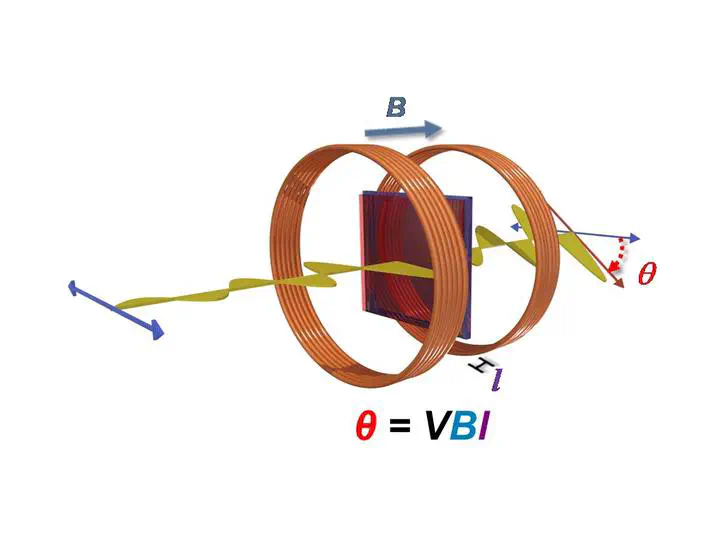Functional π-conjugated molecules

We have several projects which aim to exploit the unique properties of pi-conjugated molecules to make useful materials. We currently have projects exploring singlet fission and Faraday rotation.
Singlet fission is a process in which a singlet excited state (e.g. from a photon) splits into two triplet excited states. This process can be used to increase the efficiency of solar cells, and we are exploring the use of pi-conjugated molecules to achieve this.
All matter exhibits a Faraday effect: the polarisation of light as it passes through a material changes proportional to the strength of an external magnetic field. Most commercial Faraday rotating materials are based on inorganic chemistry, and comprise ferrimagnetic crystals. It was recently shown that a common polymer – poly(3-hexylthiophene) – exhibits a Faraday rotation competitive with that of the extant ferrimagnetic materials. However, the reason isn’t clear. We seek to explore the structure-property relationships which underpin the Faraday rotation in organic materials, and thus perhaps develop excellent new Faraday rotating materials which could have applications as medical magnetosensors or in photonic devices.
![Photoexcited and ground-state diradical(oid) character in a triquino[3]radialene](/publication/hillier-radialene-chemsci-2025/featured_hu10763402872294439277.webp)
